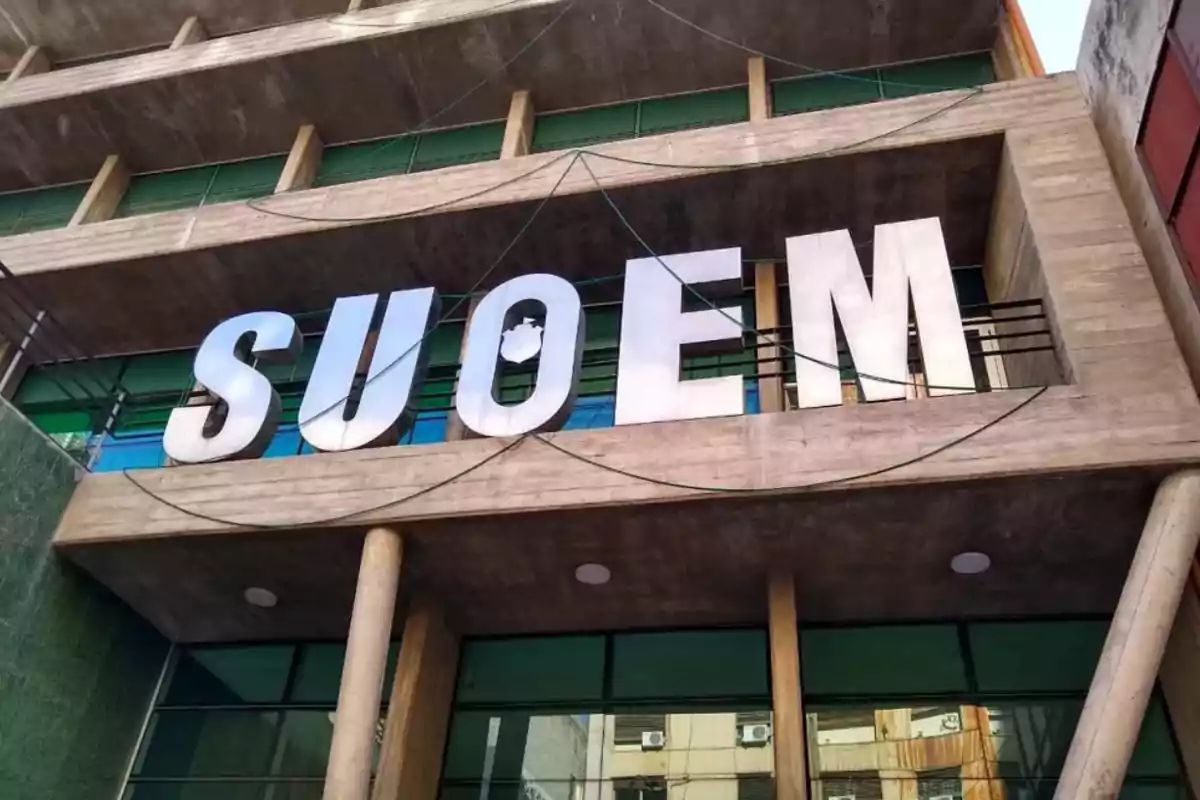
Passerini gives in to Suoem, and Córdoba adds more future municipal 'ñoquis'
The union celebrates the transition to contracts for interns and self-employed workers, who will swell an already overwhelmed and unproductive workforce
The agreement reached between Palacio 6 de Julio and Suoem once again adds weight to a structure that is already burdensome for Cordobans. The municipality yielded without resistance to the union's pressure, which managed to turn interns and independent contractors into contracted employees. Although official figures are not yet known, a list of 634 beneficiaries circulated.
This is a new advance by the union, which turns a sectoral demand into a burden for all the city's residents. The union celebrates as a victory what in practice means more employees without a clear function. The truth is that this move paves the way to permanent staff.
Suoem speaks of achievements, but the real result is a municipality that is increasingly bloated and less efficient. The city is not adding solutions, but rather salaries to be paid for life. The pro-Kirchnerist mayor Daniel Passerini meekly and servilely chose to avoid conflict and validate the useless expense.
The list prepared by the union covers areas as diverse as Urban Hygiene, Green Spaces, Sports, Civil Registry, and even CPC. That breadth confirms that this is not about strengthening essential services, but about adding staff where it is not needed. Córdoba ends up bearing the burden of employees who will contribute little to management, but will unnecessarily increase the payroll and fixed expenses.

The cost of official docility
Daniel Passerini repeats the old recipe of accepting union pressure to maintain political calm. Taxpayers inevitably pay the price, as they will see taxes rise while the city doesn't improve. The mayor, in this servile manner, prioritized union peace over austerity.
The union, meanwhile, is euphoric about the transfer of staff who were never essential. The supposed workers now being celebrated do not have real and verifiable functions in sensitive areas. Córdoba assumes the risk of adding legions of employees who will hardly contribute anything to the common good.
The problem is structural: each transfer to a contract opens the door to permanent staff, where income is untouchable. Thus, what is presented today as a union achievement will tomorrow be dead weight for the city. Residents will receive more expenses, less management, and an oversized administration.
Instead of optimizing resources and modernizing management, the municipality distributes contracts as if they were political favors.Córdoba gains neither efficiency nor innovation, only more unproductive staff that further enlarges an already oversized municipal state.
More posts: